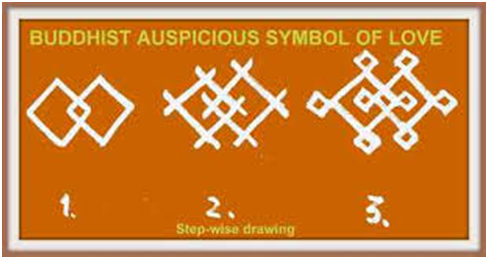Schools need to make use of local museums as learning resource: Special on International Museum Day
- Lalit Kishore
- May 19, 2022
- 2 min read
In the year 2022, International Museum Day was observed on May 18 with the theme, “Museums and contested histories: Saying the unspeakable in museums”, that underscored 'the essential role of museums as promotors of the free flow of ideas and knowledge, contributing to a more informed society'.
"As part of its International Museum Day celebrations, UNESCO is hosting a roundtable on the Reproduction of Art and Cultural Heritage (ReACH) project launched by the Victoria & Albert Museum in London and a FacebookLive museum chat as part of UNESCO’s global social media campaign Unite4Heritage." informs the UNESCO on its website.
The UNESCO adds, "Today museums specialize in everything from human ingenuity and cultural expressions to natural heritage. They may be indoors, open-air, underwater and virtual, attracting and inspiring millions of visitors each day. As museum attendance continues to grow around the world, UNESCO is working to link their work with sustainable development and peacebuilding. Museums can not only boost local economies, they can serve as important spaces for cultural mediation and dialogue. Through the use of new technologies, museums play an essential role in democratizing access to culture."
According to a website [1], the teachers trained in 'MUSEUM EDUCATION' can make use of museum as an effective resource in teaching and learning. It is claimed by the website, "Learning is not limited to the classroom. Museums are important educational environments and offer a considerable learning potential. Collections exhibited in museums provide pupils with a tangible connection with time, places, events, or people and allow them to experience the evolution of human history and cultural heritage. Learning in museums helps pupils understand the historical value of objects, respect diverse cultures and understand multiculturalism. Exploring museums gives students the ability to engage actively in the process of acquiring knowledge and to express thoughts and emotions. Effective use of museums can lead to multifaceted learning, development of critical thinking skills and acquisition of lifelong learning skills of 21st c."
[1]
http://educulture.info/museum-education-using-museums-as-a-resource-in-teaching-and-learning/#:~:text=Museums%20are%20important%20educational%20environments,human%20history%20and%20cultural%20heritage.




Comments